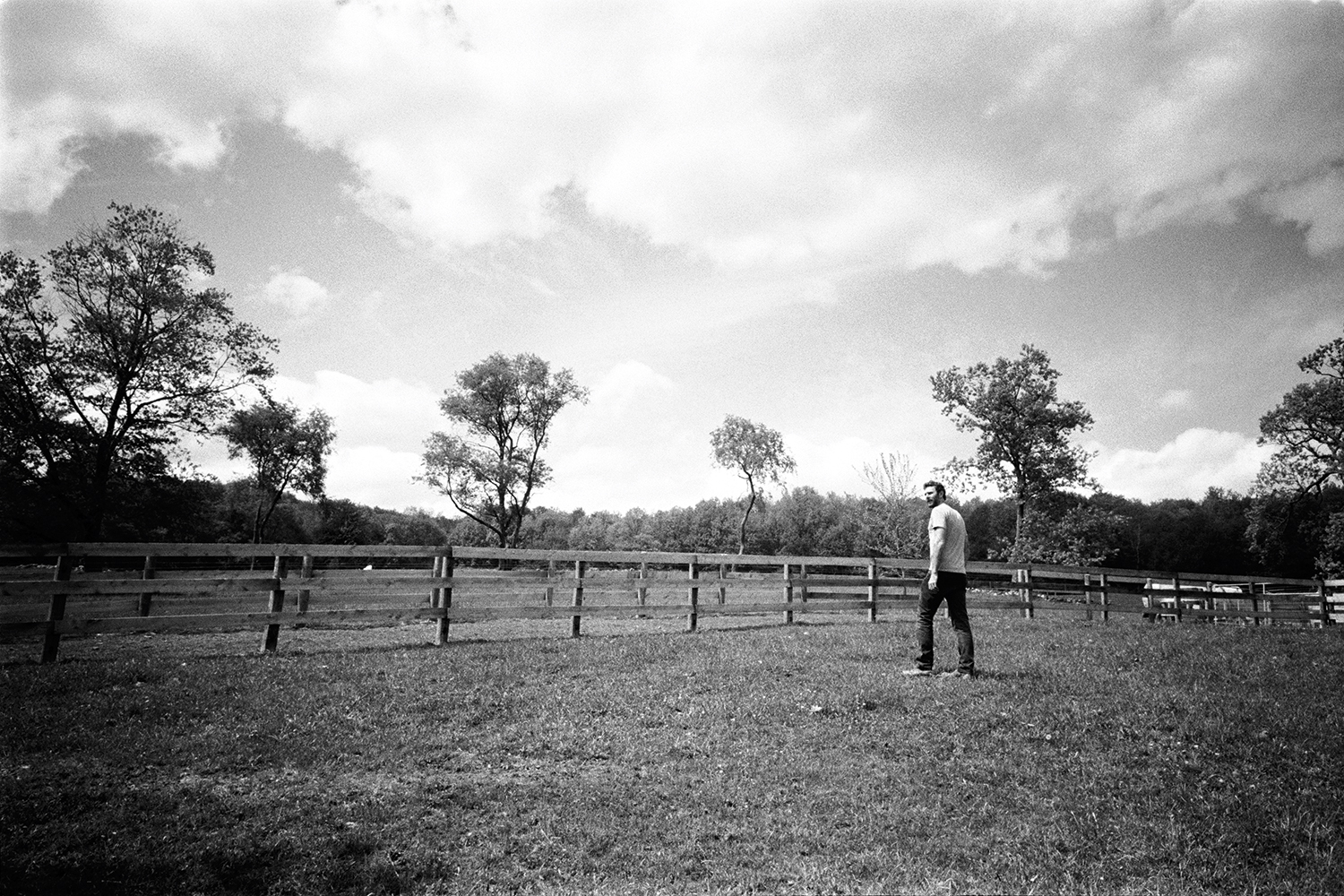Purple Magazine
— F/W 2013 issue 20
Dan Colen’s Farm Project
 Dan Colen
Dan Colen
interview by OLIVIER ZAHM
photography by ANNABEL MEHRAN
American artist DAN COLEN’S spectacular rise to success has happened in less than a dozen years after graduating from the Rhode Island School of Design. Recently — instead of a lavish lifestyle in Manhattan — he bought a big farm in Upstate New York, turning barns into wood and metal shops to make his art, but also branching out to help the community around him by raising and donating livestock and produce. I had to see for myself how it was possible to combine an art lab with a real farm, only an hour and a half from New York City.
OLIVIER ZAHM — You have a new studio in Ancramdale, New York, on the border of Columbia and Dutchess County. How did you find this place?
DAN COLEN — Growing up, I had…